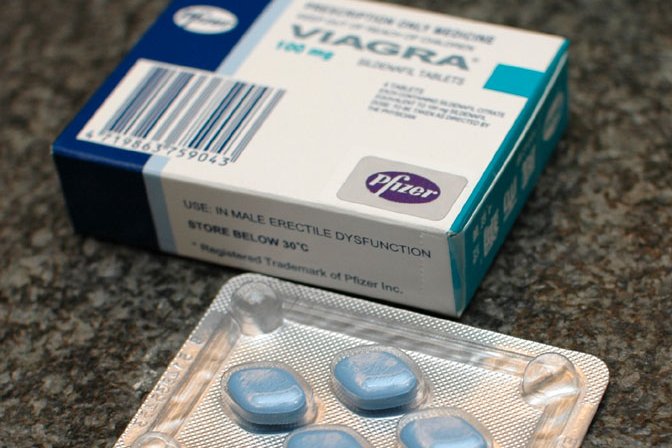July 26 (UPI) -- President Donald Trump today announced via Twitter that he was banning transgender Americans from serving in the U.S. military in any capacity due to "tremendous medical costs."
Several analyses suggest, however, that the U.S. military spends far less on transgender-related healthcare than on treatment for erectile dysfunction -- a total of $84 million on erectile dysfunction drugs annually, compared to an estimated $2.4 million to $8.4 million spent per year on transgender healthcare.















